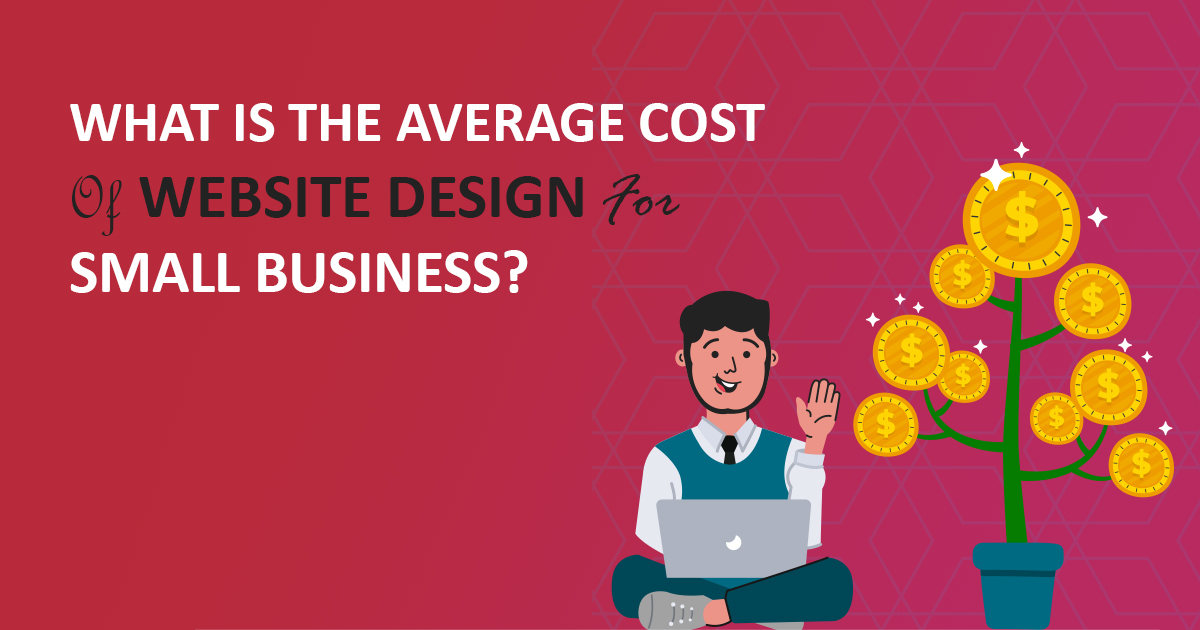
As a small business owner, your to-do list is undoubtedly not okay if having a business website is not one of the tasks you still need to complete. Whether you operate online, offline, or both, your website is your online storefront, so investing in professional web design makes sense.
Pricing a website can be challenging, depending on your budget and business goals. In this article, we’ll show you how much, on average, it will cost to build a website from scratch and which tools to use to stay on budget while making room for growth.
The complexity of the website will depend on factors such as pages, the types of content and functionality you need (e.g., blog, online store, booking system, etc.), and any custom design or programming requirements. While the average cost ranges provide a helpful starting point, the actual price for your small business website will depend on various factors. Here are some of the key considerations that can impact your website budget:
To create a successful website, start by purchasing a domain name. A website’s domain name is the web address users search in their browsers and appears in search results. Domain names are affordable, costing between $0.99 and $15, and require annual renewal. Companies like GoDaddy, Namecheap, and Dreamhost offer domain names for about $3 – $20 monthly. If your domain name isn’t available, consider alternative options. The choice of domain name can significantly impact your brand’s perception.
A website builder (CMS) is a platform that serves as the architectural framework for a website, reducing the time it takes to launch and maintain it. Its backend is mostly built, making long-term updates easier. Most CMS platforms come with extensive step-by-step tutorials for ease of use. Most CMS platforms, like Wix and Shopify, cost around $15-20 per month if website hosting is included, even for e-commerce sites. WordPress is free to use upfront but requires hosting and plugins. Many website builders offer free themes, templates, and add-ons like premium plugins for customisation, which can add to CMS costs. It is essential to factor this in when budgeting for a CMS.
Keep in mind that different websites have different functionalities and that the components of websites cost more or less depending on their complexity. While functionality covers many components, most of it is devoted to e-commerce capabilities, so if your small business plans to take online payments or orders, allocate some of your web design budget toward functionality, taking around $0 – $200, which is mostly one-time.
An SSL certificate is a digital authentication tool that encrypts a website’s connection for security purposes and is required for online payment acceptance. Most hosting providers now include SSL certificates or free SSL in their pricing. Small businesses often overlook the importance of SSL certification, as it protects visitors from cyberattacks. Some browsers may redirect users away from websites without SSL certification, indicating the site’s security- With the message, “This site may not be secure.”
As mentioned earlier, your budget should also account for the costs of maintaining and updating your website over time. Security updates, content revisions, performance optimisations, and new feature additions can contribute to long-term website expenses.
With so many variables at play, it’s understandable to feel overwhelmed when determining the right website design solution for your small business. However, there are a few key considerations that can help guide your decision:
For small enterprises on a tight budget, a do-it-yourself strategy with website builders or template sites is a powerful and economical choice. DIY website builders like Wix, Squarespace, or Weebly can be cost-effective for small businesses with basic website requirements. These platforms often include templates, drag-and-drop editors, and hosting, making it possible to build a simple website for a few hundred dollars or less. The trade-off is that DIY builders typically offer less customisation and design flexibility than a custom-built website.
If you need more flexibility and control over your website’s design and functionality, a content management system (CMS) like WordPress or Drupal may be better. Providing a wide range of templates, plugins, and customisation options, often at a fraction of the cost for a custom website.
Depending on your technical expertise and the required features, a CMS-based website can range from $2,000 to $5,000 or more.
If you feel that your design won’t look professional, you won’t be able to add necessary functionality, or you don’t have enough expertise in SEO? Then, it is better to invite experts to cope with the task. Working with a professional web design agency can be the best approach for small businesses with more complex website requirements or a strong brand identity to uphold. These experts can provide a higher level of strategic, user-centric design and development but at a higher cost of between $5,000 and $10,000.
| Site Element | Cost |
|---|---|
| Domain name | $0.99 – $60 per year |
| Website Hosting | $3 – $20 per month |
| SSL certificate | $0 – $1500 |
| Content management system (CMS) | $2,000 – 5,000 |
| Design theme/template | $0 – $200 (one-time.) |
| Hire a Web Design Agency | $5000 – $10,000 |
Identify Your Minimum Viable Features Start by outlining the core functionality and features your website needs to accomplish your primary business goals. This will help you determine the minimum viable product and avoid overspending on unnecessary bells and whistles. If you need help determining the right web design solution for your small business, the team at Clap Creative can assist. As an experienced web design agency, they can provide a higher level of strategic, user-centric design and development to ensure your website meets your business goals while staying within your budget. Contact Clap Creative today to discuss your small business website needs.

A seasoned technology writer and marketing consultant with over a decade of experience helping businesses grow online. I specialize in content marketing, SEO, web design, and e-commerce development. I am enthusiastic about using cutting-edge technology to acquire high-quality traffic, generate leads, and increase sales for my clients.